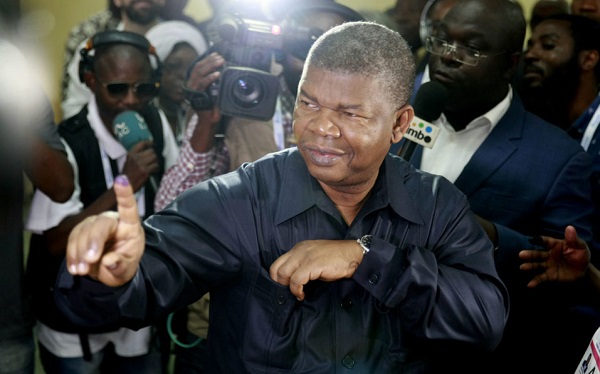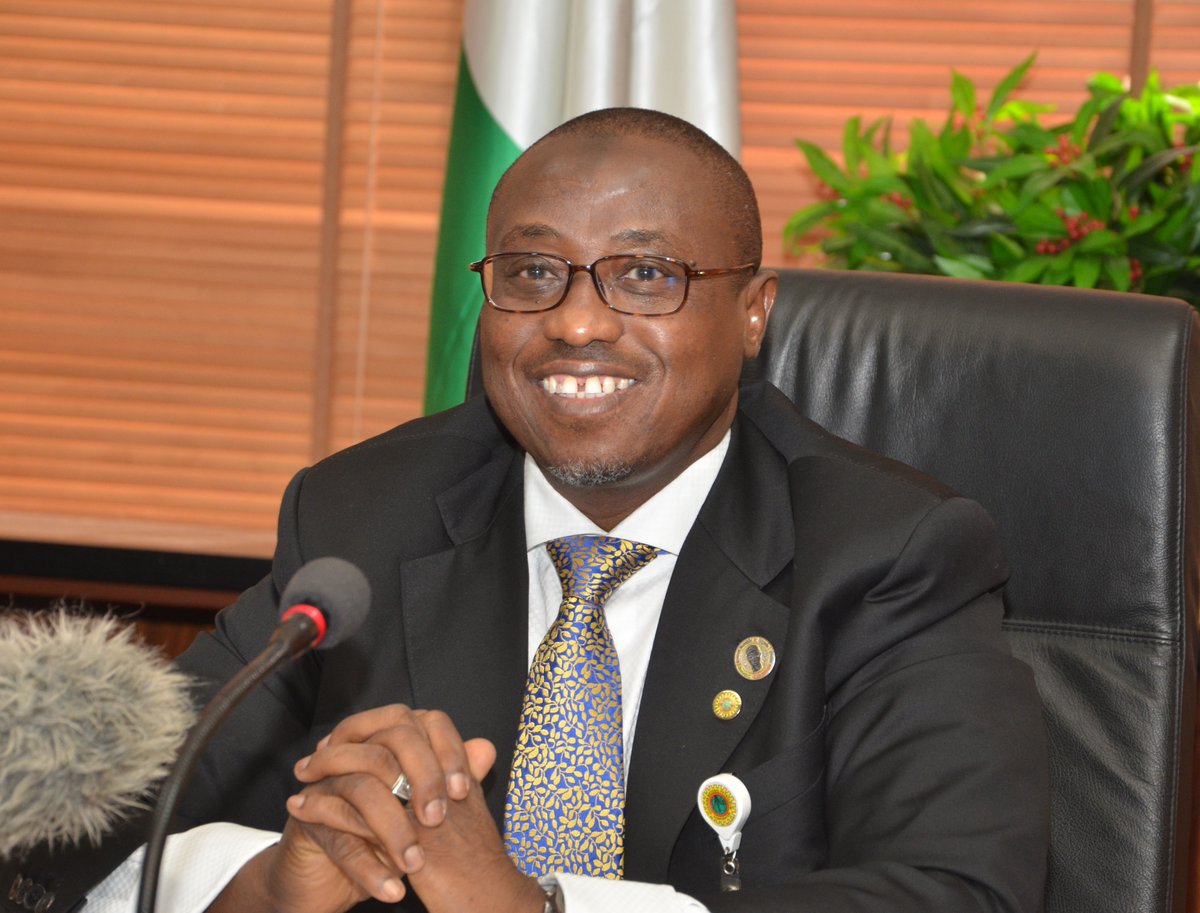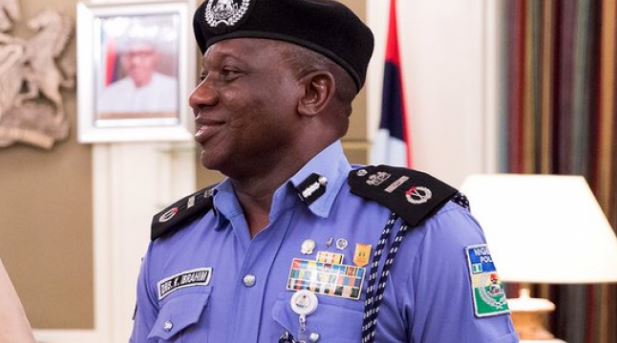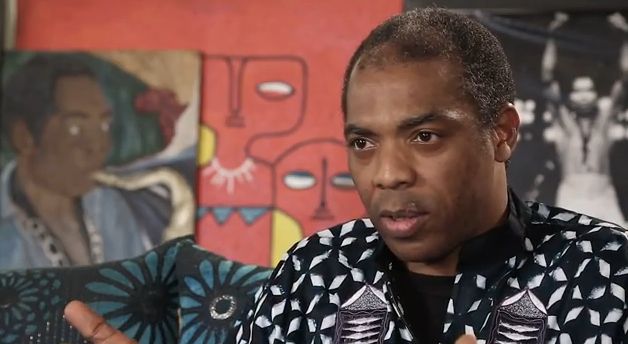Angola’s ruling MPLA party has won national election by a clear margin, its electoral commission said on Friday, citing a provisional tally that the two main opposition parties however rejected.
Two days after a ballot that passed peacefully, with almost all votes counted and the public mood predominantly calm, the result maintained the party’s unbroken hold on power since sub-Saharan Africa’s third-largest economy gained independence from Portugal in 1975.
Tarnished by political cronyism, its share of the vote fell, but president-in-waiting Joao Lourenco retained the strong parliamentary majority he will need to make good on campaign pledges to reform a battered economy.
A former defence minister Lourenco will become the country’s first new president for 38 years.
Advertisement
The long-time leader he is replacing, Jose Eduardo dos Santos, will, however, continue as head of the People’s Movement for the Liberation of Angola (MPLA).
With close to 98 per cent of the vote counted, the MPLA held a 61.1 per cent share against the opposition National Union for the Total Independence of Angola (UNITA) party’s 26.7 per cent, said National Electoral Commission spokeswoman, Julia Ferreira.
International observers described the election as reasonably free and fair and the streets of the capital Luanda and other cities were calm.
Advertisement
But UNITA said the results had not been gathered transparently and did not tally with its count.
“We reject completely these provisional results,” Raul Danda, the party’s candidate for vice-president, said.
“We don’t know where they come from.’’
CASA-CE, a smaller opposition party that polled 9.46 per cent of votes, also rejected the provisional results and said it would release its own tally.
Advertisement
The MPLA, which emerged victorious over UNITA after 27 years of civil war in 2002, dismissed the complaints.
According to the electoral commission, the MPLA won 150 of 220 parliamentary seats — 25 fewer than in the previous election in 2012 but retaining the two thirds majority needed to pass any legislation.
But the party lost its majority in Luanda for the first time, winning 48 per cent, while UNITA increased its total of lawmakers to 51 from 32.
“It’s a good result for the MPLA, but it’s not a massive tidal wave majority,” said Alex Vines, head of the Africa programme at London’s Chatham House.
Advertisement
Angola has been mostly peaceful since the end of the war in 2002, but the Africa’s second largest oil producer, is in dire need of reforms to boost an economy hammered in the last three years by low crude prices.
Lourenco has promised to kick-start the economy and has not ruled out deals with the World Bank and International Monetary Fund to help restructure it.
Advertisement
Angola imports everything from washing powder to long-life milk at huge cost.
Advertisement
Add a comment






